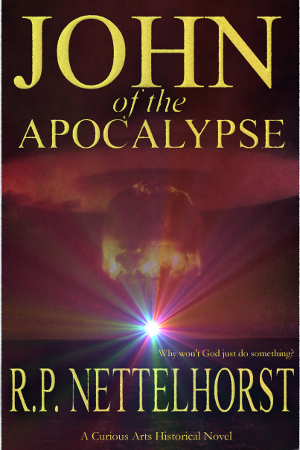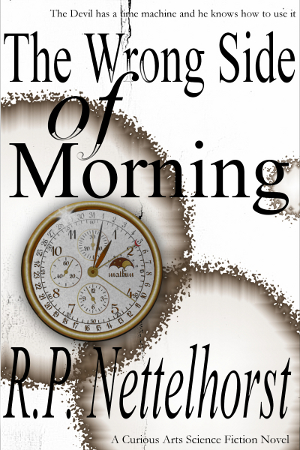There is the world that we wish for and then there is the world that is. We would do well to develop our philosophy to match the world that is, rather than the ideal we wish could be. As we think about improving the world, we would also do well to keep in mind reality. The worldview of too many strike me as beautiful sentiments that fit reality as well as the hobo song, Big Rock Candy Mountain:
On a summer day in the month of May a burly bum came hiking
Down a shady lane through the sugar cane, he was looking for his liking.
As he roamed along he sang a song of the land of milk and honey
Where a bum can stay for many a day, and he won’t need any money…
Some sincerely believe that it is inappropriate and a violation of God’s preferences for violence to be met with violence. In fact, there are those who believe that there is, in fact, no difference between the terrorist and the anti-terrorist, that both are engaged in evil because violence is, in their minds, always evil. The notion is expressed that violence never truly solves anything. In the Star Trek story from the original series, Captain Kirk finds himself with Abraham Lincoln and the founder of Vulcan logic philosophy as a triumvirate of “good” doing battle with a triumvirate of evil, made up of Genghis Khan and a pair of fictional badies. The aliens who staged this contest, who had no concept of good and evil and were curious about it, concluded that they could see no difference between the two, since the tactics and methods used by both sides appeared the same and both sides resorted to violence.
The conclusion of the story is that to use violence is to betray the very concept of good.
And yet. The world that is, is violent. Good and evil both enjoy the same sunlight, both enjoy the same rain. But both subsist on food that was once alive. As we look at living things on Earth, there is a constant, never ending struggle for survival. And beyond that, in order to stay alive, something else must die. Even the vegetarian destroys life in order to maintain her existence. There is no choice. Violence is the basis of life.
I hear people argue that we are no better than the terrorists. That one man’s terrorist is another man’s freedom fighter. I wonder at the lack of moral clarity in those who can not tell a difference between someone who walks into a nightclub and blows himself up, and our soldiers who bomb the headquarters of those who would do such things. Is it really hard to tell that someone who kidnaps people and chops off their heads is evil? Can you really imagine that the headchopper’s cause is just? That we need to understand his point of view? Or that if we kill him, we’re no better than he is? Really?
Let’s put it in different terms. Is there a difference between a kidnapper who locks his victim in the basement and the police who later lock that kidnapper in jail? Is there a difference between the man who holds up a bank and the IRS telling you that you must pay your taxes? Or maybe this will clarify: if we argue that cutting someone with a knife is a bad thing, then should we arrest surgeons? A knife cutting into human flesh can be a bad thing or a good thing. The context will let you know the difference. I would suggest the same about violence. A terrorist blowing up a bus is a bad thing. The Israeli Air Force bombing a terrorist headquarters is not.
And yet I’ve read that the German government would like the British to apologize for bombing them during World War II. And I’ve seriously seen people argue that there is some sort of moral equivalence between the firebombings of Dresden and the Holocaust. I’m sorry, but Germany attacked the nations of Europe. It is those who began and perpetrated the war that bear the responsibility for whatever followed. Had Germany not attacked its neighbors, there would have been no firebombings. Likewise, had Japan not attacked Pearl Harbor, Hiroshima and Nagasaki would not have happened. I really find it odd to be blaming victims when they fight back. Should the rape victim be criticized if she fights off her attacker? Must she apologize if she does something that makes it impossible for him to later have children? I don’t think so.
 Send to Kindle
Send to Kindle
 A Year With God
A Year With God A Year With Jesus
A Year With Jesus The Bible's Most Fascinating People
The Bible's Most Fascinating People The Bible: A Reader's Guide
The Bible: A Reader's Guide Antediluvian
Antediluvian Inheritance
Inheritance John of the Apocalypse
John of the Apocalypse Somewhere Obscurely
Somewhere Obscurely The Wrong Side of Morning
The Wrong Side of Morning
Hear, hear!